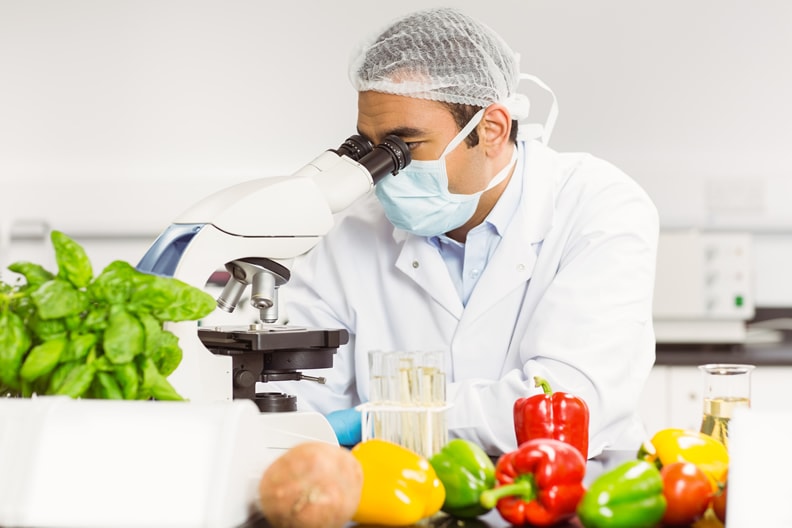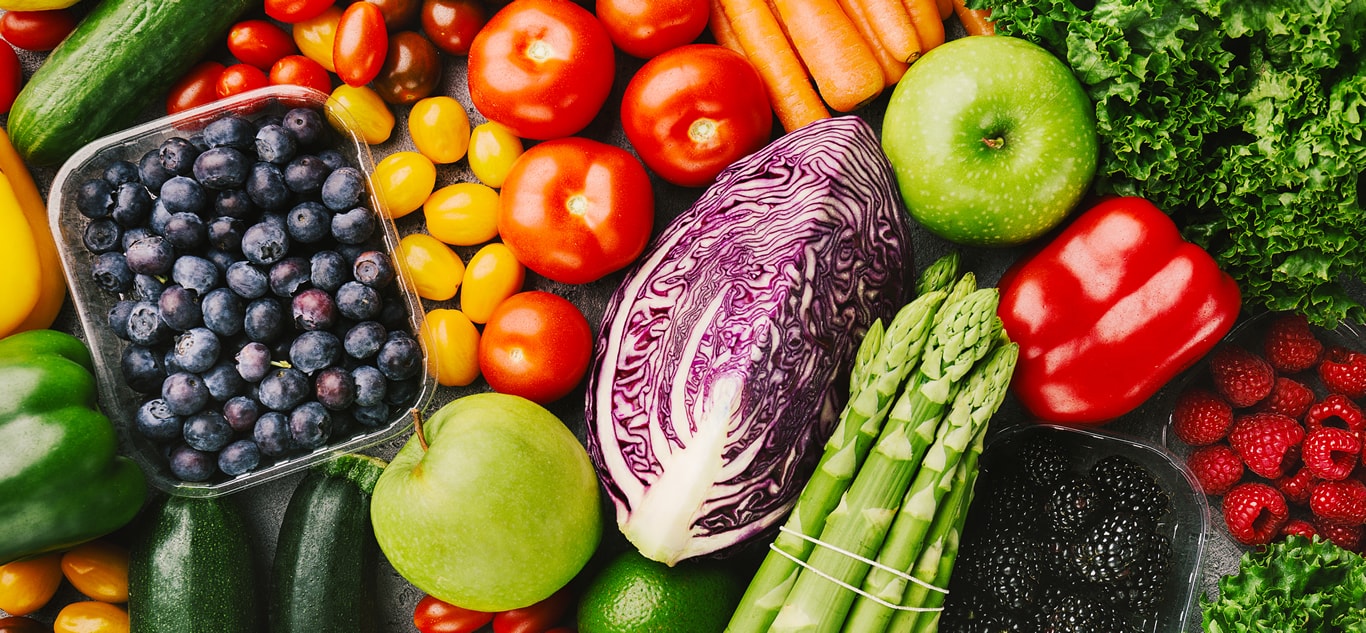Imitation and Adulteration Studies

The importance of healthy and safe food consumption is increasing day by day. Especially price increases, developing technology, competition between food companies are factors that trigger the increase in imitation and adulteration in food production. Reasons such as people having more information about safe food and the desire to prevent the negative effects of consumed food products on public health have brought the obligation to carry out control and analysis procedures at every stage of production in the food sector.
Within the scope of the Regulation on the Inspection and Control of Food Safety and Quality, the procedures and principles regarding the minimum technical and hygienic conditions of food workplaces for ensuring food safety and quality, and the inspection and control services and workplace responsibilities for the compliance of food and food contact materials with Turkish food legislation have been determined.
What is Imitation and Adulteration?
In this regulation, counterfeiting and adulteration are defined as follows.
Adulteration: It refers to the production of foodstuffs and substances and materials in contact with food in violation of the legislation or authorized specifications.
Imitation: Foodstuffs and substances and materials in contact with food; It refers to the state of pretending to have properties that are not in its characteristics in terms of shape, composition and qualities.
Adulteration and imitation are made in all foodstuffs you can think of such as meat and meat products, vegetable oil, honey, milk and dairy products, canned food. Many standards and methods have been developed to prevent all these frauds. Any counterfeiting or adulteration can be detected based on the specific characteristics of food products.
The companies whose products are found to be counterfeit and adulterated by the Ministry of Agriculture and Forestry are shared with the public. There are many counterfeits such as the addition of synthetic colorants or foreign substances such as tile dust to brighten the color of spices, the addition of different plant leaves to increase the amount of spices, the reprocessing of spoiled cheeses to produce cream cheese, the use of different chemicals to whiten bread, the dyeing of the gills of fish to make it look fresh, the addition of different vegetable oils to olive oil, the addition of different animal meat or internal organs to red meat and meat products. The fact that human health is so endangered by these frauds has increased the importance of laboratory analyzes.
What are the Analyses Conducted within the Scope of Counterfeiting and Adulteration?
- Meat-Breed Determination (Pig, Horse, Donkey, Turkey, Chicken)
- Soybean Gene Screening
- Melamine
- Gelatin
- Starch
- Fatty Acids Composition
- Sterol Composition
- Milk Fat Fat Fat Search
- Vegetable Oil Search
- CMC (Carboxymethyl cellulose)
NANOLAB, with TURKAK accreditation in our laboratories serving in many parts of Turkey, Imitation and Adulteration studies are carried out in many food products.

